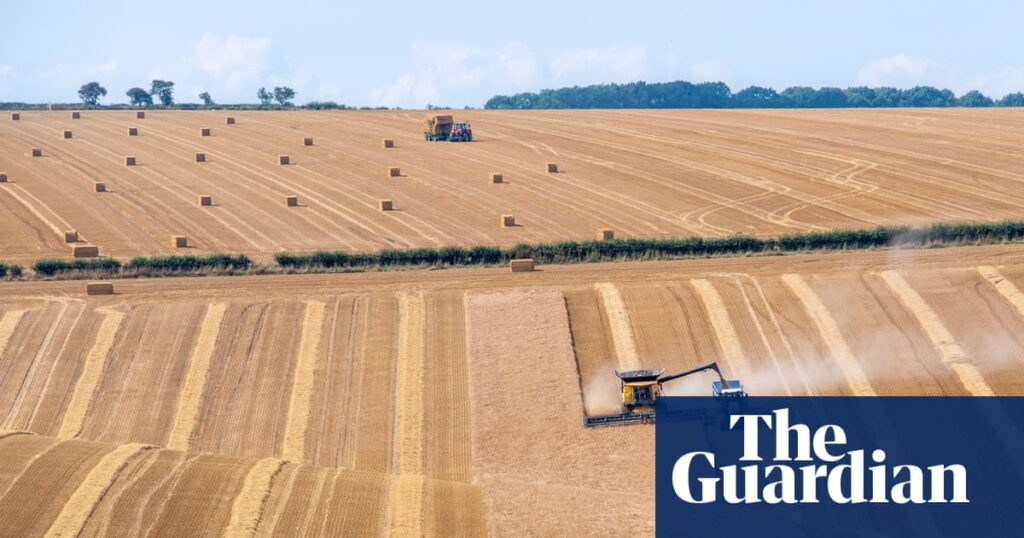Charcoal made from human waste could help solve fertiliser shortages as well as reduce pollution and energy use, a study has found.
Biochar is a form of charcoal made from organic matter treated at high heat, which is often used on farming soil as a fertiliser. The process also removes carbon from the atmosphere, making it a useful carbon sink.
The study estimated that biochar made from solid human excrement could provide up to 7% of the phosphorus used around the world each year. Although the biochar process converts only solids, nutrients taken from urine could be added to it, and the researchers found this could provide for 15% of annual phosphorus application, 17% of nitrogen, and up to 25% of potassium.
Treated sewage sludge is already spread on farmland, but its use is controversial as it often contains microplastics, heavy metals, Pfas forever chemicals, pathogens, and pharmaceuticals.The researchers say biochar can avoid this problem by separating the waste at source.
The study estimated that the biochar process could decrease both the weight and volume of solid excrement by up to 90%, which represents a significant gain in efficiency when compared with transporting sewage sludge, due to the latter’s high water content.
The biochar production process also allows nutrient proportions to be adjusted according to the needs of individual crops. This can address problems associated with fertiliser use such as weed growth and eutrophication – when excess nutrients leach into groundwater, causing rapid growth of algae which depletes oxygen availability and reduces the sunlight available for underwater ecosystems.
Dr Johannes Lehmann, a professor of soil biogeochemistry at Cornell University and lead author of the study published in the journal PNAS, said: “Talking about sewage is not as glamorous as renewable energy, but preventing resource wastage by creating a circular economy is also key to the green transition.”
Agriculture accounts for 25% of global greenhouse gas emissions, according to the Intergovernmental Panel on Climate Change. As demand has increased on global agricultural systems to provide enough food for all, so too has its appetite for fertiliser to replenish soil nutrients.
Synthetic fertilisers deliver three main nutrients to soils – nitrogen, potassium, and phosphorus – and all three involve energy-intensive and often environmentally destructive production processes. Atmospheric nitrogen is used to make ammonia via the Haber process, and turning this into nitrogen fertilisers and using these in agriculture emits an estimated 2.6bn tonnes of CO2 a year – more than global aviation and shipping combined.
Strip mining phosphate rock for phosphorus permanently scars natural landscapes and processing it into fertiliser also leads to radioactive phosphogypsum as a byproduct. Potash mining for potassium contributes to soil salinisation and freshwater contamination due to its large amounts of waste salt byproduct.
after newsletter promotion
According to Lehmann, “the implications [of biochar resource recovery] go beyond just agriculture, and involve economics and geopolitics. As finite mineral resources become more scarce, countries without significant reserves could become dependent on those with for their agricultural needs and food security. For example, Morocco holds 70% of the entire world’s reserves of phosphates.
“Instead, an alternative future where nutrients are recycled through a circular economy could empower countries to produce food without relying on imported fertilisers, redressing issues of environmental justice across the global south by potentially mitigating climate migration, one of the main drivers of which is agricultural failure.”


